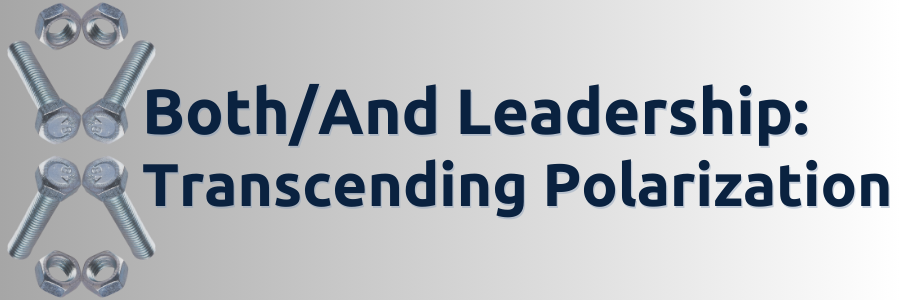
Welcome!
Over the last decade, we have seen a spike in either/or thinking that is forcing us apart, as social communities, as free and functioning nation states, as a Jewish people, and as humans.
The series will convene on Zoom, Wednesday evenings from 7:30 – 9:30pm ET on April 23, May 7, May 14, and May 28.
What a way to honor the Omer.
The first and last sessions will feature Rabbi Shoshana Gelfand (WGF/DS Alum), author, BBC radio broadcaster and philanthropic advisor. For more than a decade, she has been part of the Pears Foundation team in London, where she currently serves as Director of Leadership and Learning. She is also Vice-Chair of the International Jewish Committee on Interreligious Consultations (IJCIC), which liaises on behalf of the global Jewish community to the Vatican and World Council of Churches, and co-author of Polarities in Jewish Tradition. The middle two sessions will be taught by Professor Wendy K Smith whose book — “Both/And Thinking: Embracing Creative Tensions to Solve Your Toughest Problems” — we will study as part of our work. Wendy Smith earned her Ph.D. in organizational behavior at Harvard Business School, and is currently a professor of management at the Alfred Lerner College of Business & Economics and Co-director of the Women’s Leadership Initiative at the University of Delaware, where she teaches leadership, organizational behavior and business ethics.
Please bookmark this “landing page” as we will post updates, agendas, zoom links, and other information here, with the most recent information at the top and a running record of all past meetings, notices, recordings, resources, faculty bios, assignments, etc, down below for your reference.
